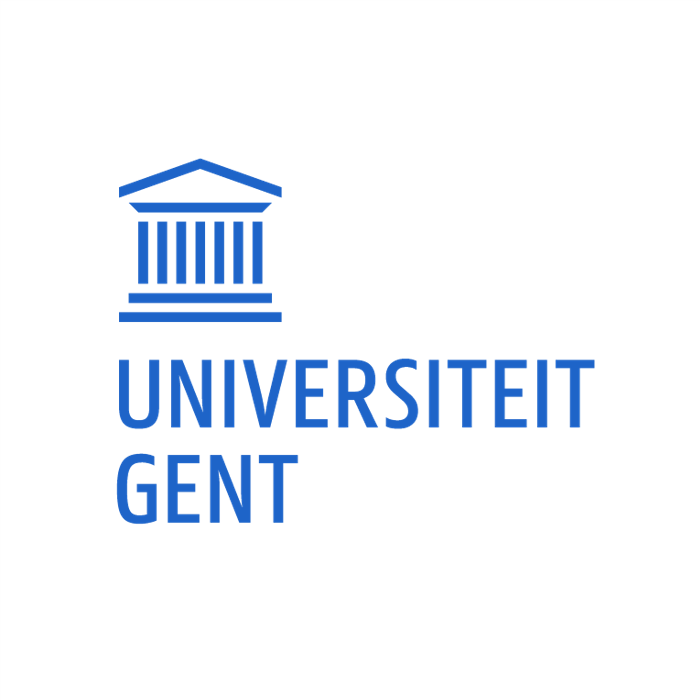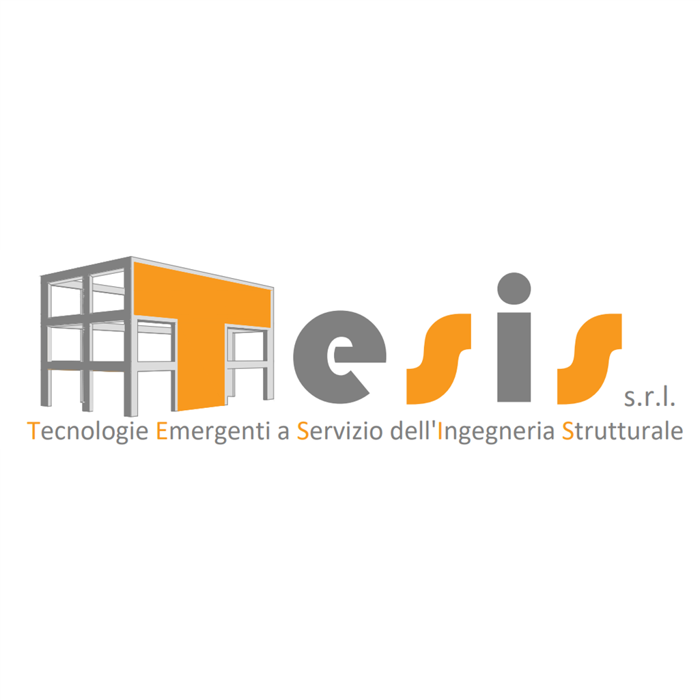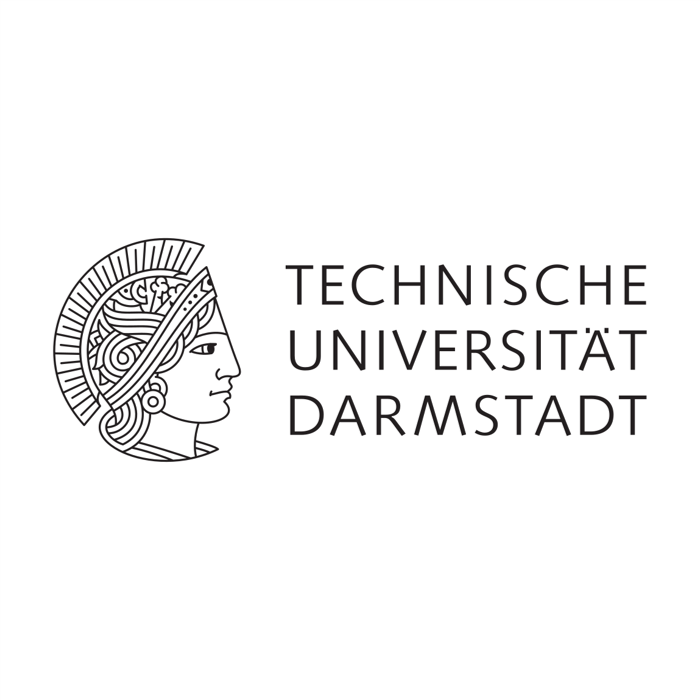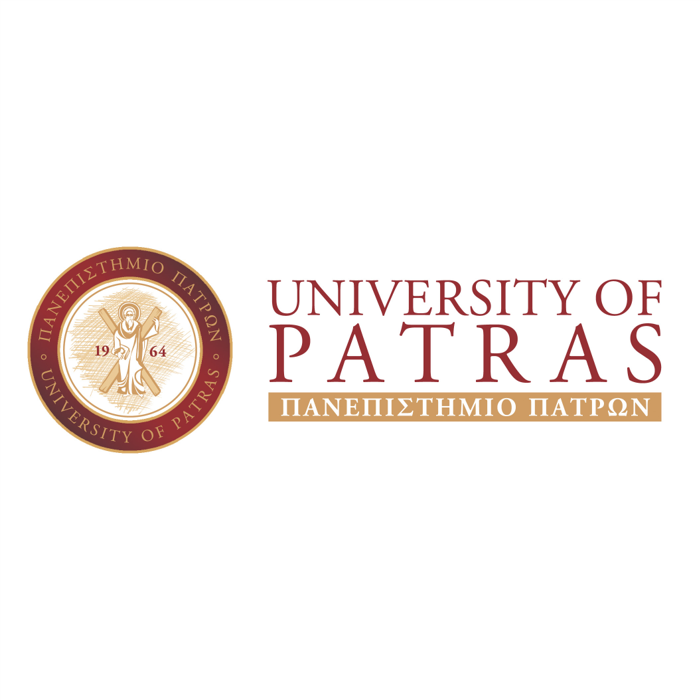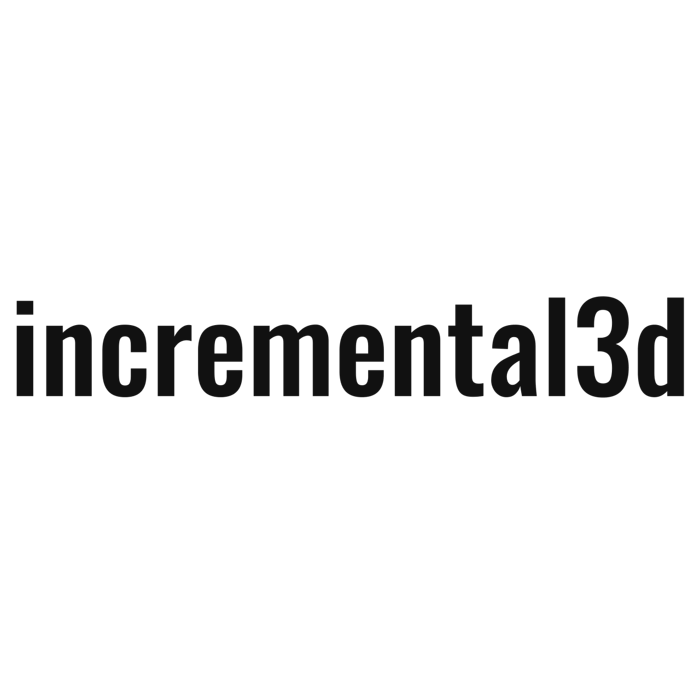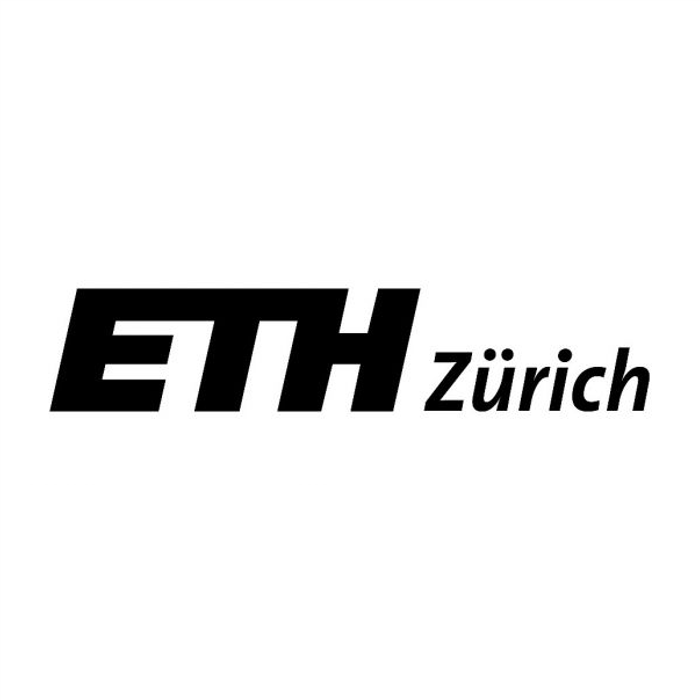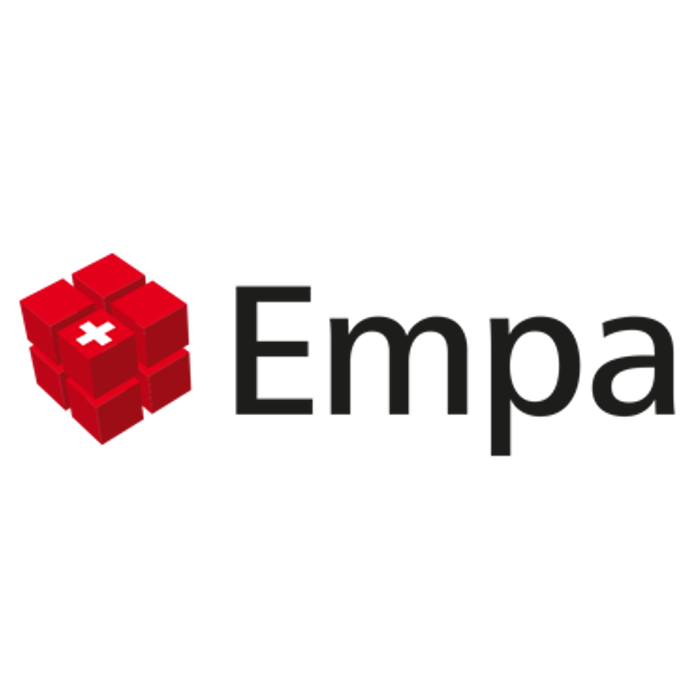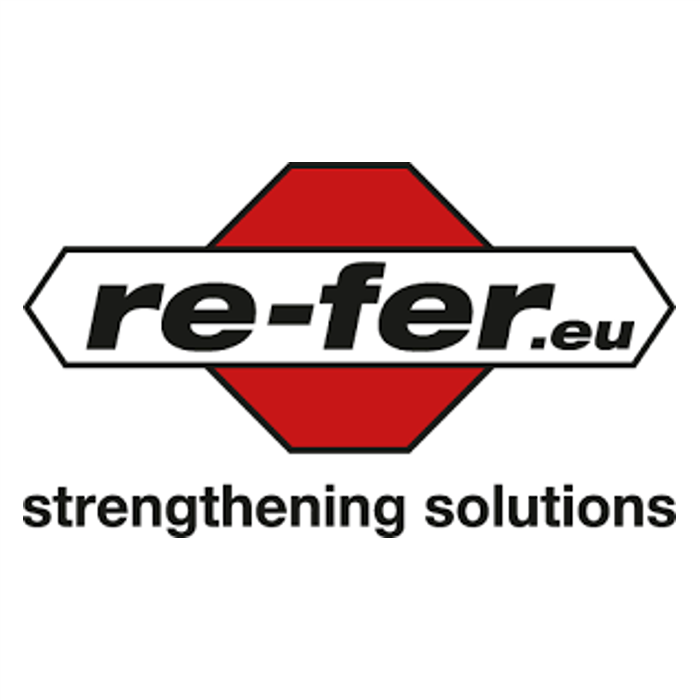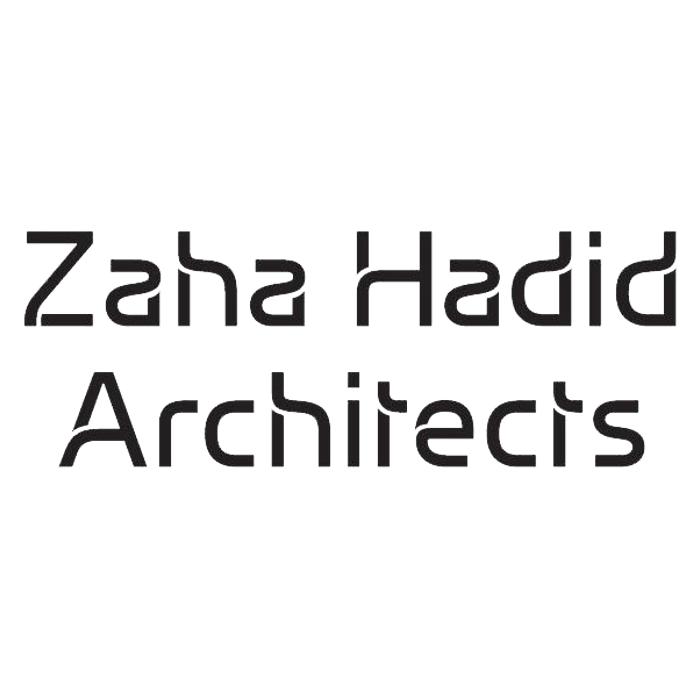The CARBCOMN project 'Carbon-negative compression dominant structures for decarbonized and deconstructable concrete buildings' is all about decarbonised construction, implementing 3D printed carbon-negative concrete for compression dominant structures. Learn more about this EU funded project as follows.
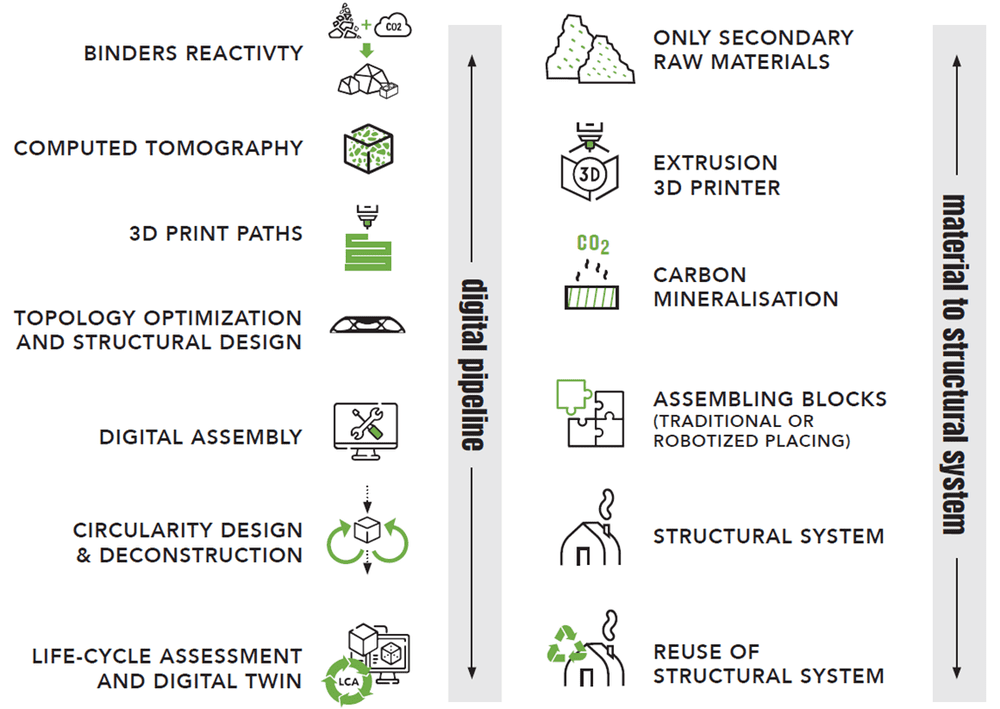
Objectives & Methodologies
Key features targetting success
Concrete Recipes
Develop carbon-negative concrete recipes, based on local available by-products and using carbonation for concrete hardening.
Durability & Sustainability
Predict the durability performance of the discrete blocks and conduct a life cycle cost analysis using relevant economic and environmental indicators.
Structural Systems
Investigate the discrete compression-dominant structural systems and develop structural design strategies that follow the principles of masonry.
Design-to-Fabrication
Development of open-source computer-aided-design (CAD) tools and integrated design-to-fabrication (DTF) solutions to explore and achieve the specific geometries.
Design
Establish a comprehensive set of codifiable design principles specifically tailored for various structural components and assemblies.
Digital construction
Achieve carbon-negative concrete blocks using extrusion-based 3D printing, focusing on optimizing boundary conditions for the assembly of blocks.
Learn to Know Our Consortium
We are joining expertise of 5 research institutes and 6 companies


